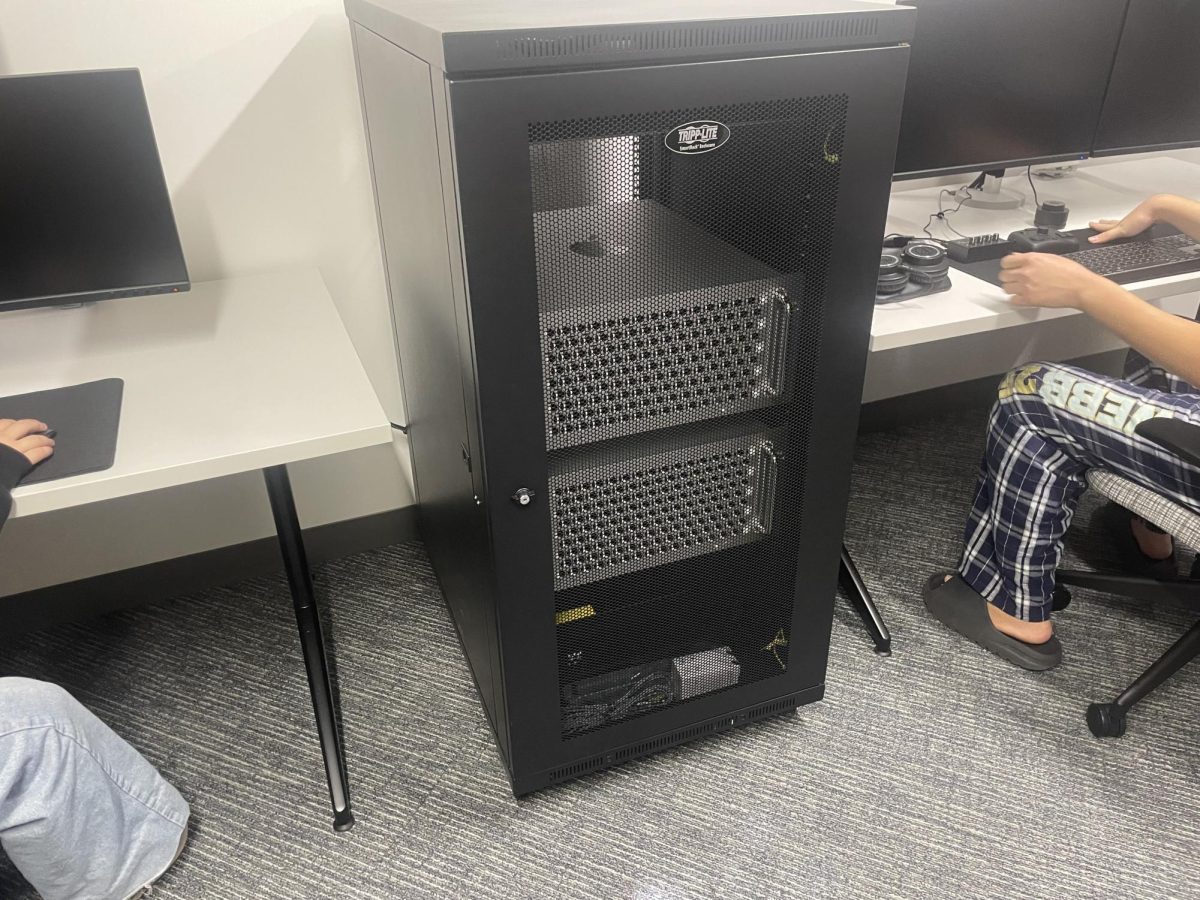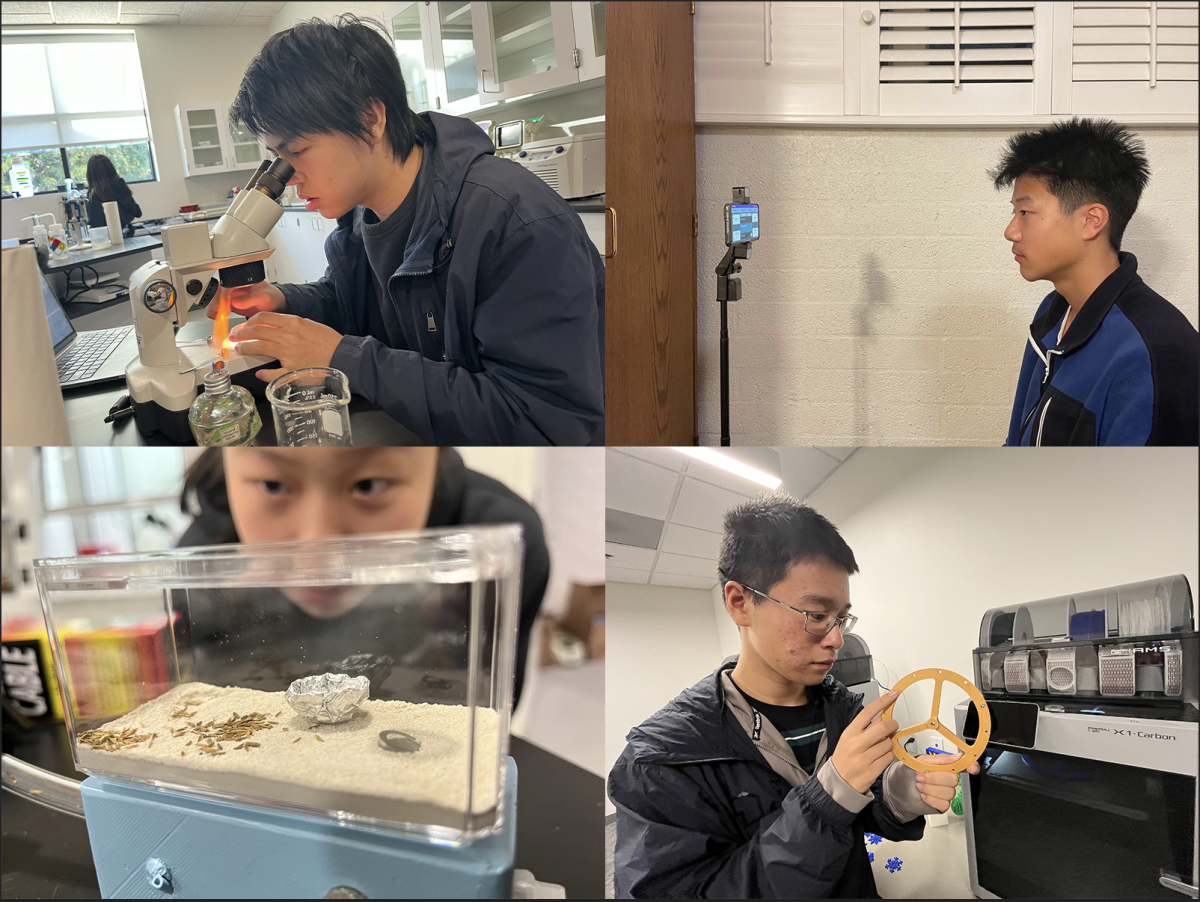You use AI in your everyday life — knowing it or not. AI has been seamlessly integrated into our lives, from filtering your emails into the spam section to grammar-improving programs and spell check. Now, even Webb has its own AI model. These larger AI models, like ChatGPT, have made their way into students’ lives and have become a major talking point. Although Webb students have been informed of its educational impact, they may not be aware of the environmental effect it has.
There is no denying that AI has made huge advancements; yet it is important for us to acknowledge how the data centers that run AI are using excessive amounts of fossil fuels and water. There are computers that run and store the data for AI. The processing units in the computers require water and other liquid cooling agents to help them stay cool. As AI demands power to run these computers, it demands energy, making our plants produce more energy for the centers.
Along with the energy AI demands for its simple tasks and storage, according to research at the University of Washington, training an AI chatbot like Chat GPT-3, uses more energy than a neighborhood uses in one year.
The current goal Webb Students should have is to stay informed, and one good resource for this is the Webb Naturalists Club, run by Victor Zhang (‘27) and Charley Zhang (‘27).
“That’s one of our key mission statements for our club, is to get people to understand not only the ecology and the environment around us and how it impacts our lives,” said Victor. “It’s also the other way around on how we impact the ecology around us.”
However, it can be hard for us to reduce the impact of AI.
“It’s hard for [AI Startups] to reduce the amount of power they’re using because they have goals to train their AI,” said Charley. “What they could do is to switch to renewable energy sources, which means strategically placing their training centers near places which have high energy densities or just develop nuclear fuel.”
On a smaller scale, the easiest thing to do is stay informed. Currently, the average Webb Student couldn’t change how these data centers are run. However, if we don’t think about what’s currently going on, there may be no way to change the future, where our ecology is continuing to die. If we continue to talk about the issue today, it can also inform those in power, and those people may be able to cause a greater impact.





![All members of the Webb Robotics Winter season teams taking a group photo. Of note is Team 359, pictured in the middle row. “It was super exciting to get the win and have the chance to go to regionals [robotics competition]” Max Lan (‘25) said. From left to right: Max Lan (‘25), Jerry Hu (‘26), David Lui (‘25), Jake Hui (’25), Boyang Li (‘25), bottom Jonathan Li (’25), Tyler Liu (‘25)](https://webbcanyonchronicle.com/wp-content/uploads/2025/03/Screenshot-2025-03-10-at-2.41.38 PM.png)










CHENYUAN LOU | Nov 22, 2024 at 10:19 PM
Everything is spending too much energy. At this point just move to Mars :/
Victor Zhang | Nov 25, 2024 at 6:44 PM
ironically a Mars mission would use more than all of this energy combined